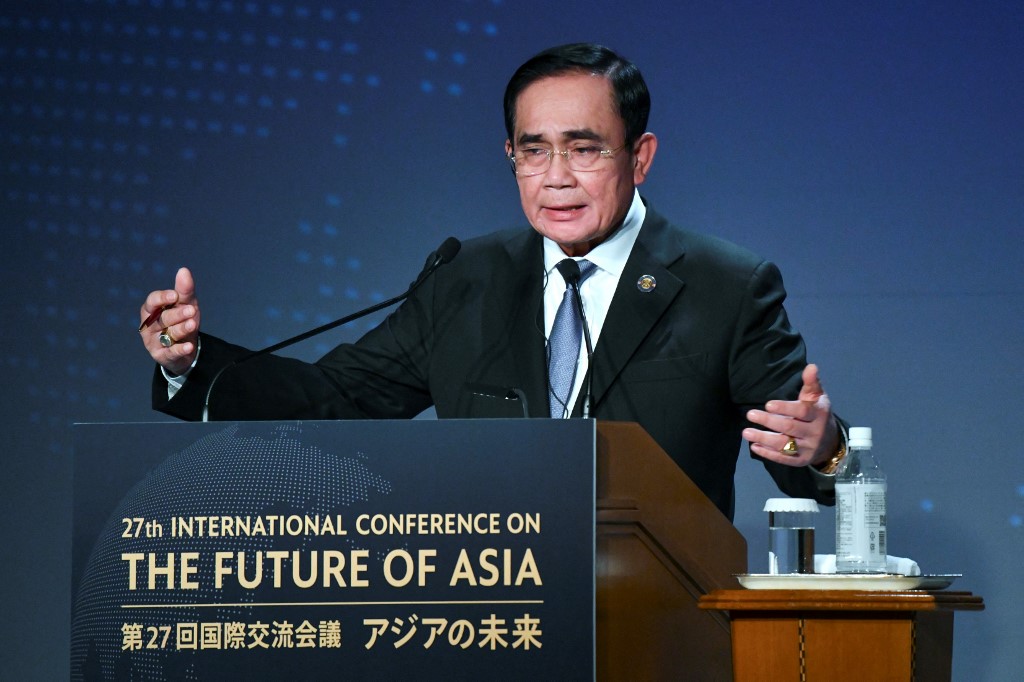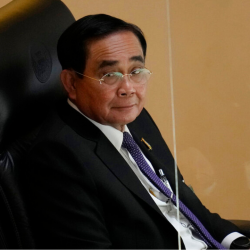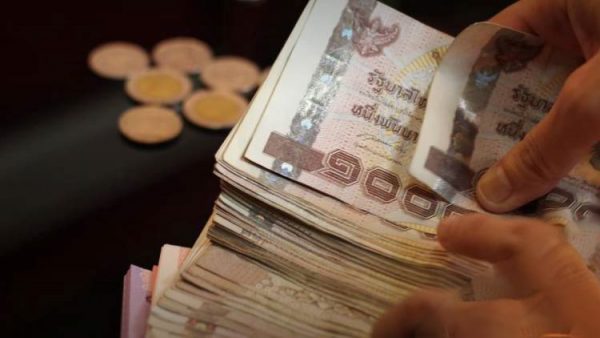Prayut given political lifeline — but what’s next?

The Constitutional Court has given Prime Minister Prayut Chan-o-cha a political lifeline with a ruling that allows him to at least complete his current term of office.
The big question, however, is what it means to his political future.
In the much-awaited ruling, the court this afternoon determined that constitutionally speaking Prayut’s tenure as prime minister took effect beginning in 2017.
Even though practically Prayut had been prime minister since 2014 following a military coup that year, the Constitution which sets the eight-year term limit for the prime minister was not promulgated until 2017. In short, the court ruled that the term limit should only have applied at the time that the Constitution took effect.
The opposition bloc, however, has argued that it should have applied retroactively at the time when Prayut first became prime minister in August, 2014 — which would mean he has already served out his term of office since last month. The argument was thrown out by the court by a 6-3 vote after more than a month of deliberation by the panel of nine judges.
The ruling might have come as a short-term relief for the 68-year-old prime minister who has been suspended from active duty by the court since August 24. He has been virtually attending the weekly Cabinet meeting as defence minister while Deputy Prime Minister Gen Prawit Wongsuwan assumes the role of caretaker prime minister.
Until the ruling, it was widely believed that Prayut would attempt to get re-elected as prime minister in the next general elections which are expected to take place after the summit meeting of the Asia-Pacific Economic Cooperation (APEC) in Bangkok in mid-November. The term of the current House of Representatives will expire in March next year.
In that scenario, Prayut would hope to secure support from the Senate to help him return to power. Members of the Senate were hand-picked by the military junta following the coup in 2014 and are constitutionally powered to join MPs in electing the prime minister.
Under the Constitution, the prime minister is chosen by a joint session of the Parliament from the lists of candidates submitted by political parties competing the general elections. Prayut was elected under the banner of Palang Pracharath, the core member of the ruling coalition following the 2019 general elections.
The court’s ruling, however, has definitely taken the wind out of Prayut’s sails since it would effectively limit his new term of office — in the event he is re-elected as prime minister – to only two years. Political analysts believe it would be difficult for Prayut to campaign on that basis.
They also see the court’s decision today as a providing a “graceful exit” for the prime minister.
They believe that while the court’s decision confers Prayut the political legitimacy he needs to complete his term, it should also serve as a political awakening for him amid growing calls for him to quit.
Prayut has been keeping a low profile since being sidelined from his prime minister’s role but has also been defiant, insisting on his political legitimacy.
By Thepchai Yong






